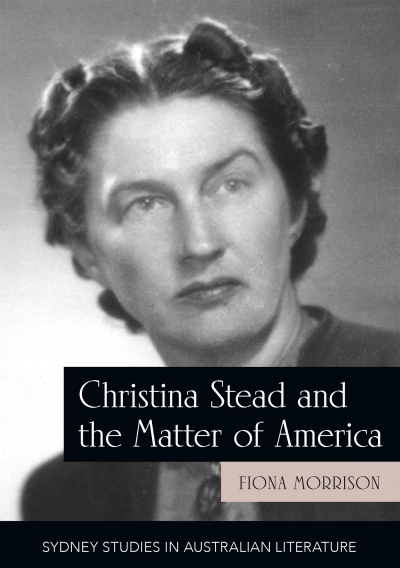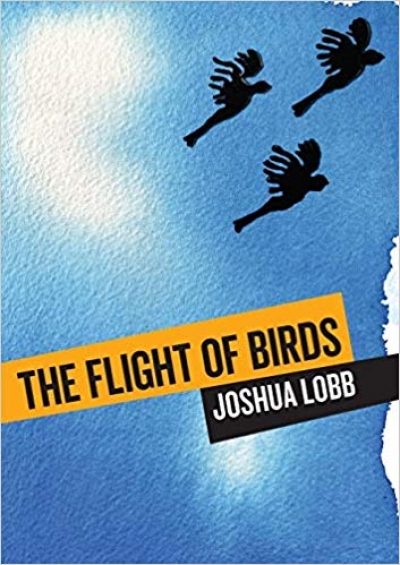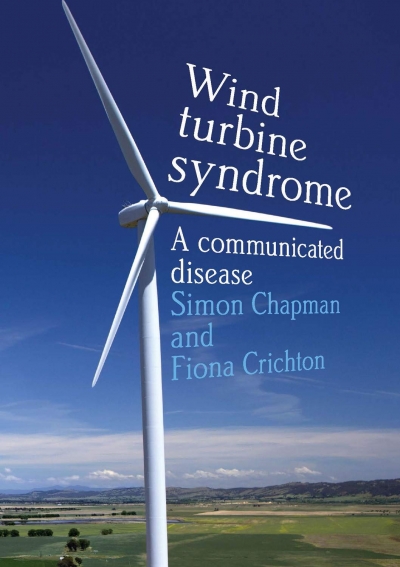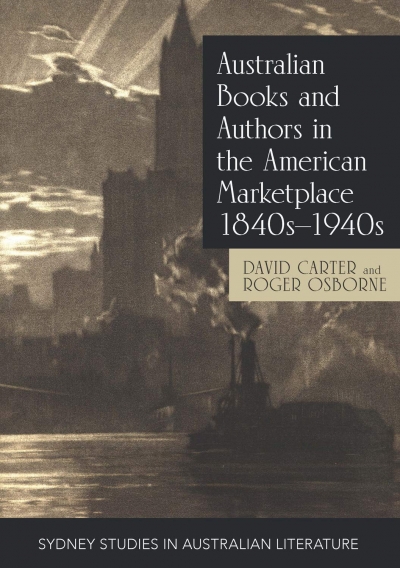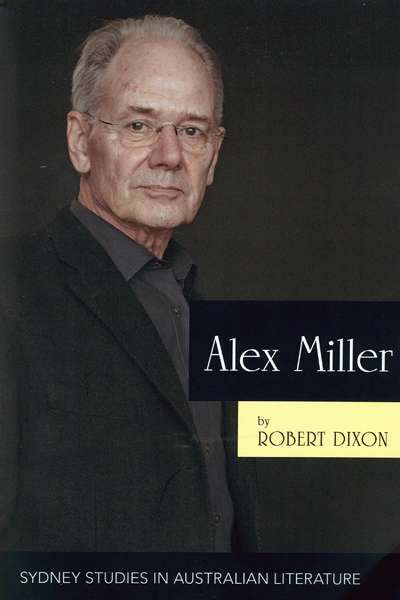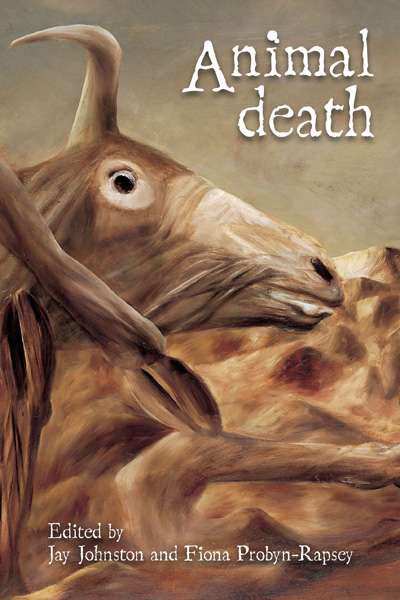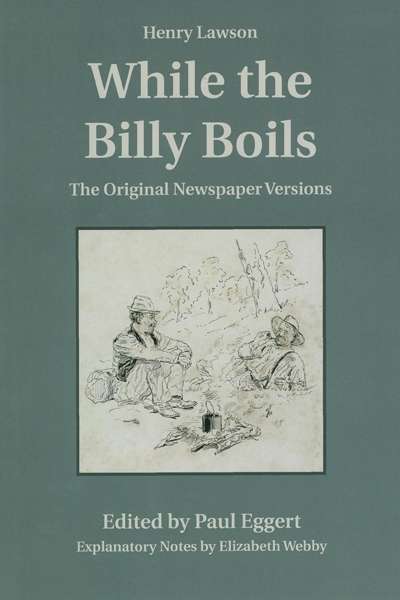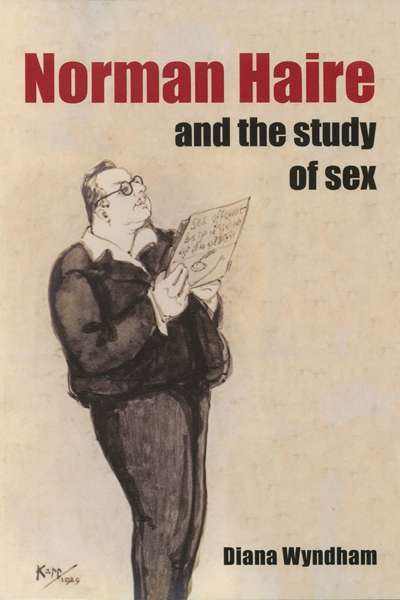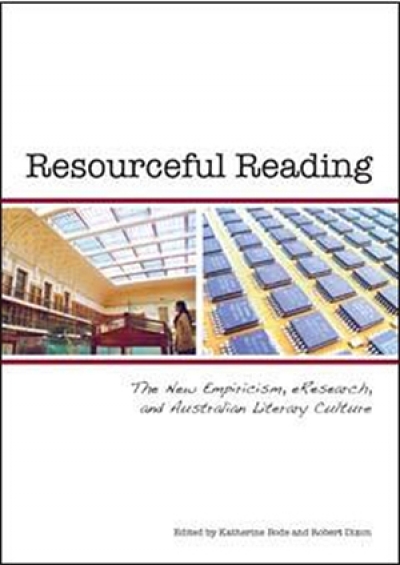Sydney University Press
The Flight of Birds: A novel in twelve stories by Joshua Lobb
by Sascha Morrell •
Wind Turbine Syndrome: A communicated disease by Simon Chapman and Fiona Crichton
by James Dunk •
Australian Books and Authors in the American Marketplace 1840s–1940s by David Carter and Roger Osborne
by Keyvan Allahyari •
While the Billy Boils by Henry Lawson & Biography of a Book by Paul Eggert
by Paul Brunton •
Patrick White within the Western Literary Tradition by John Beston & Remembering Patrick White edited by Elizabeth McMahon and Brigitta Olubas
by Charles Lock •
Resourceful Reading: The New Empiricism, eResearch, and Australian Literary Culture edited by Katherine Bode and Robert Dixon
by John Byron •

